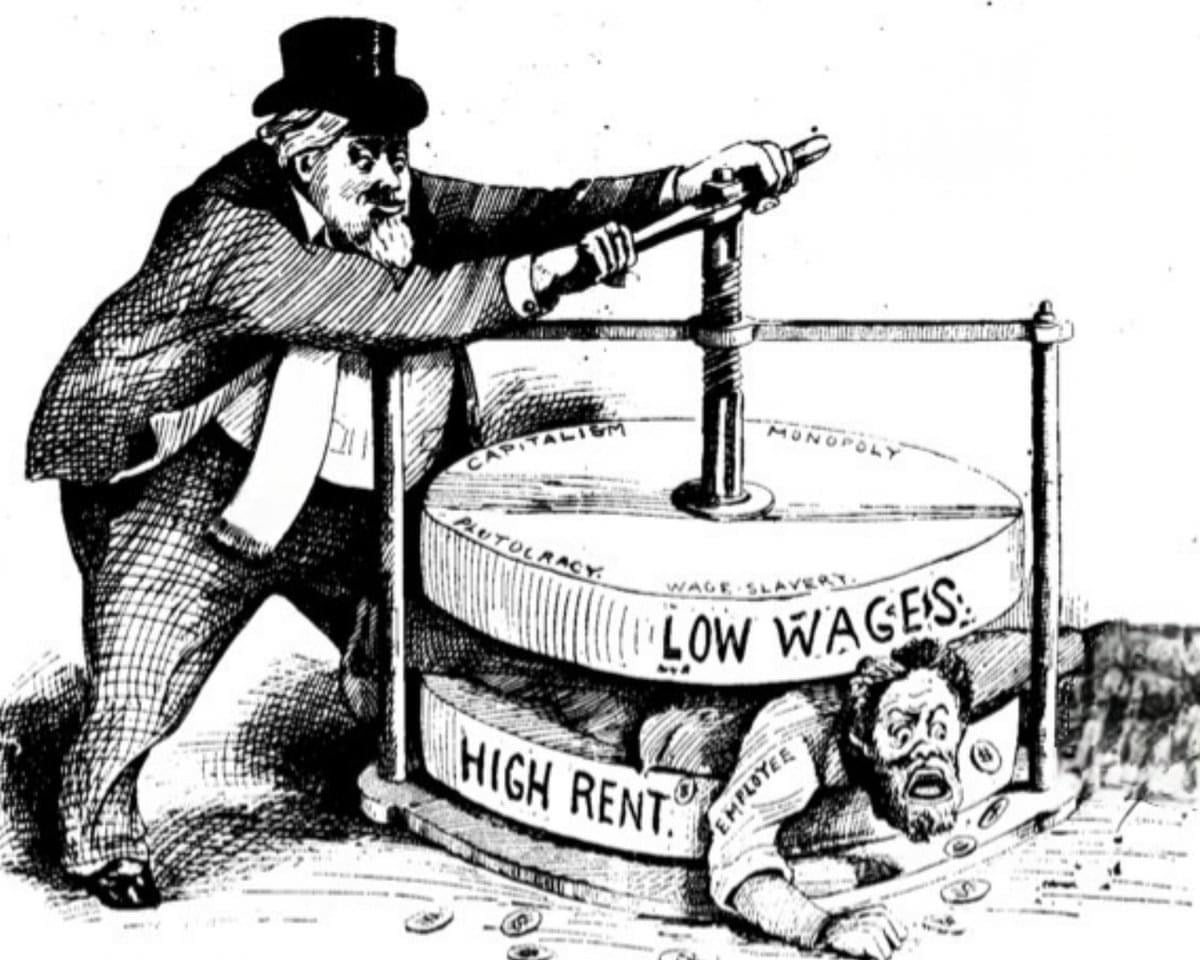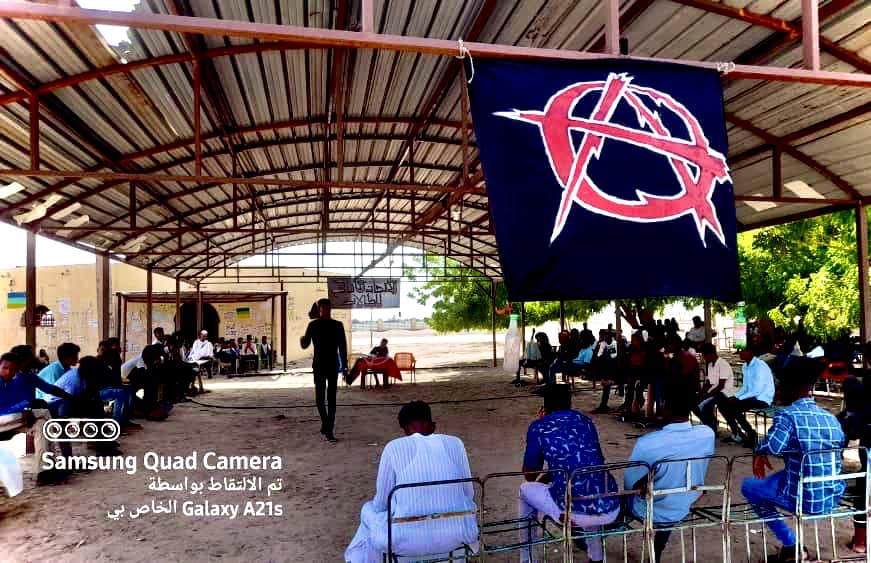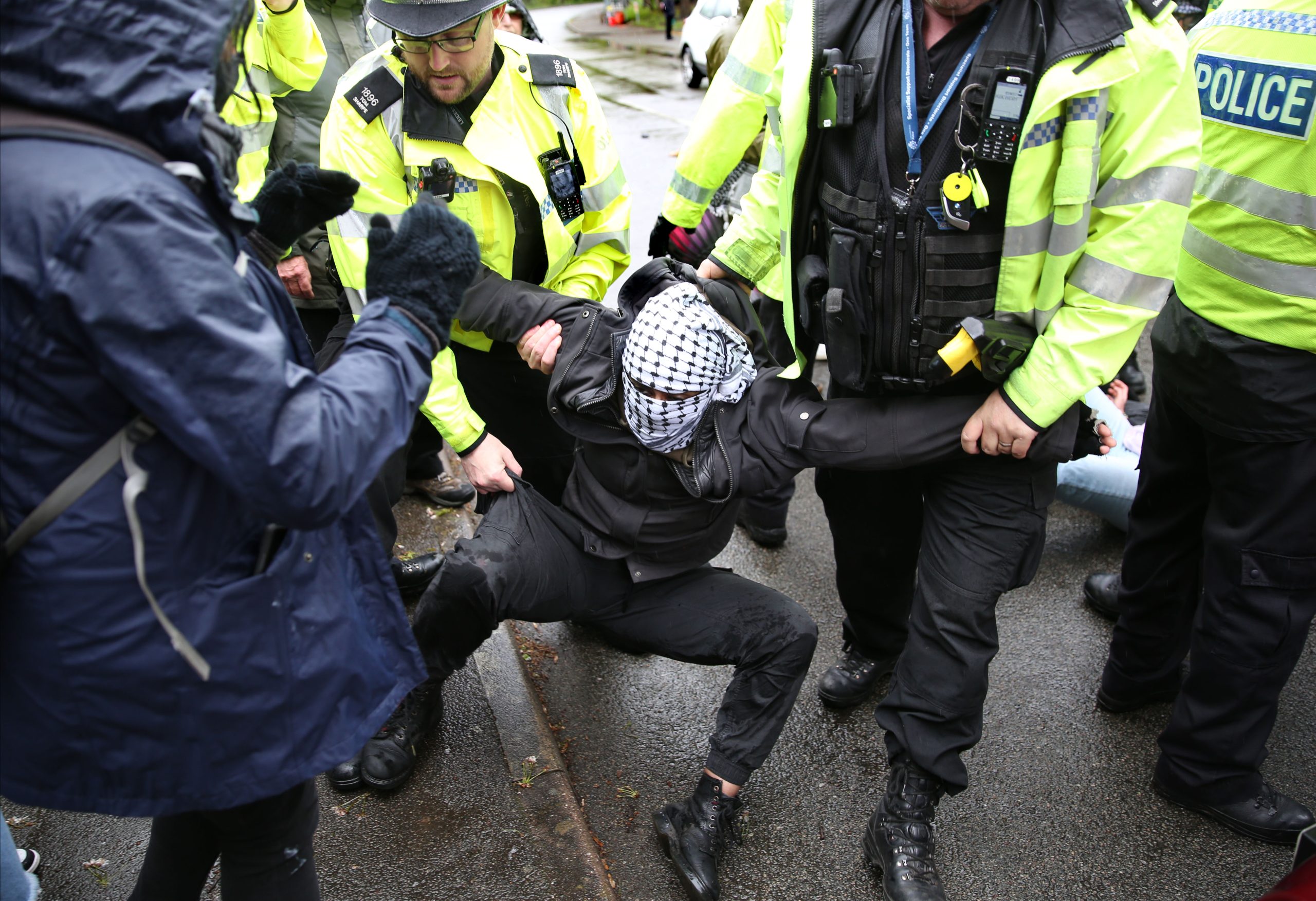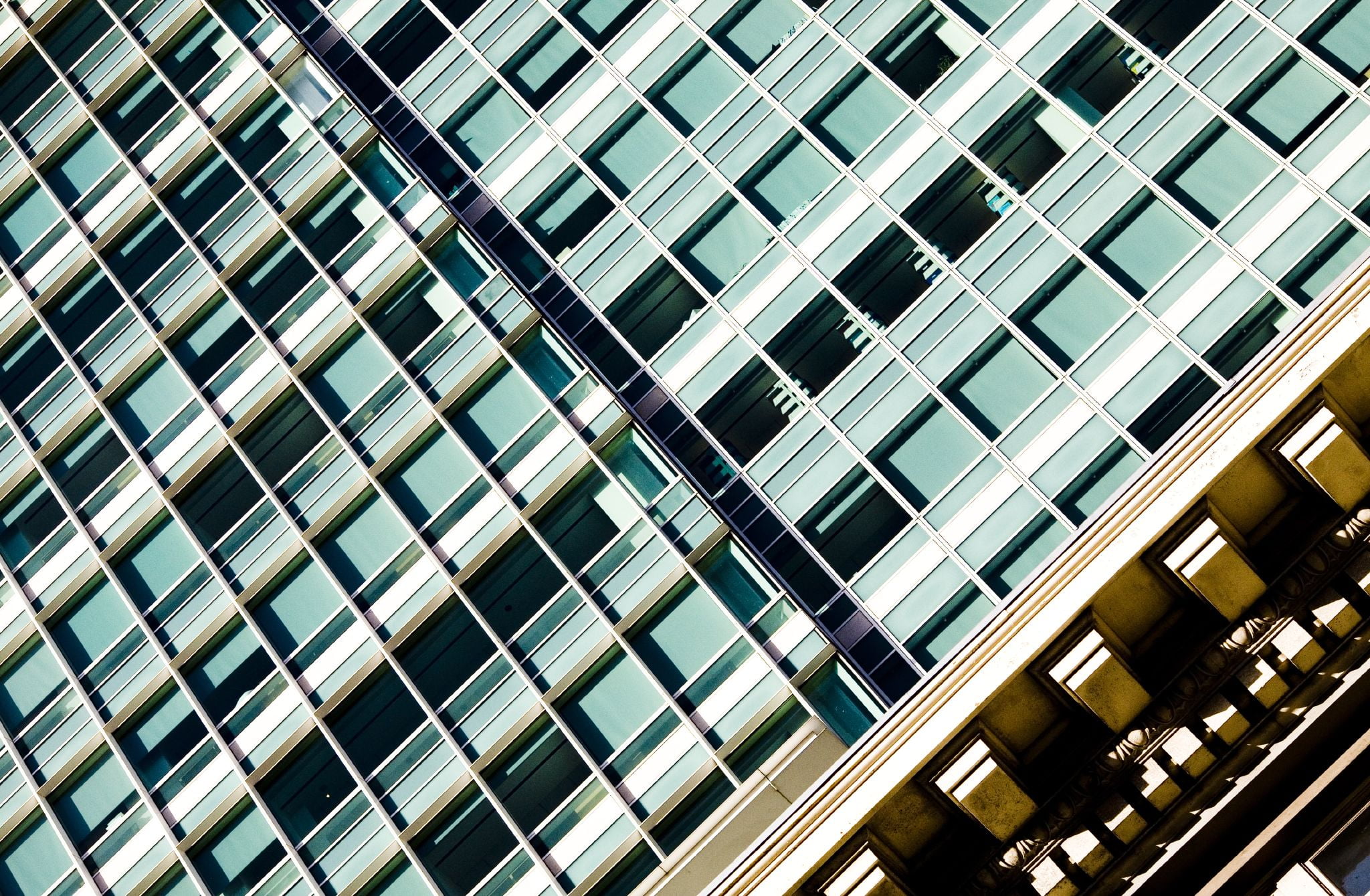To mark the one-year anniversary of a radical social centre appearing in the Granite City, Rob Ray talks with the organising collective about their experiences, dreams — and advice for groups looking to set up new spaces.
Note: This article was written before Covid 19 became an issue. As is the case with every other radical space at present, it has currently suspended activities until further notice.
Could you say a little about how you got going?
The demand for a social centre in Aberdeen has been keenly felt for many years and in the past there have been drafts outlining the nature and the purpose of a social centre in the town. In 2018, a group of activists approached the Aberdeen Trades Union Council (ATUC) looking to rent a space in their building.
The first step was to make an agreement with the ATUC on the terms of the rental and to draw a constitution. Once this was sorted, we made an open call inviting groups and individuals to join our first organisational meeting, and after a series of those meetings we came up with a collective statement of ‘’Principles and Values’’ as a framework to help us run the centre. The first local activist groups and likeminded individuals started affiliating shortly after.
You work on a non-hierarchical basis, what does that entail and how do you think your approach has evolved over the last year?
Aberdeen has a relatively small yet vibrant activist/grassroots scene, and the individuals comprising the “core group” of the centre come from relatively different political backgrounds. Working on a non-hierarchical basis was and still is one of the things that unites us and it honestly felt like the common-sense thing to do when we started, as horizontality is at the core of every self-organised initiative. Practically, it means that members come together as equals and make decisions collectively. There are no bosses, leaders, or “experts”.
We always try to be open-minded and promote a culture of solidarity and active listening between us when organising events, delegating duties etc. We also try to take an intersectional approach to inform the ways we make decisions and are mindful of different forms of hierarchy, specifically within self-organised spaces.
Of course, working on a non-hierarchal basis was and still is a learning experience and we are far from having all the answers. At the moment the “core group” is quite small, so making decisions is relatively easy. A challenge for us is to try to involve in the decision making process as many of our affiliated groups as possible. We are actively working towards that goal and this has certainly helped us to evolve our approach over the last year.
The more people come in the easier it might become to get side tracked and forget about power-relations and hierarchy, so as a group we try to use our efforts to expand the centre as an opportunity to reflect on our non-hierarchical approach, communicate it effectively, and further develop it.
What have been some of your favourite moments and activities since you opened?
The meetings prior to officially launching the centre are definitely among our favourite moments. Those were very exciting, lively and diverse meetings and we consider them the foundations of the centre. We also love the open radical cafes we do every now and then, as this is a great opportunity to talk politics and do outreach in a chilled environment!
Another highlight is definitely the thought-provoking events we co-hosted with one of our affiliated groups (Aberdeen Anarchist Group), including inviting two local co-ops to talk about how they run their spaces; inviting a comrade who left Scotland in 2016 to fight on the side of the YPG in Rojava; and having DP Hunter to talk about his book Chav Solidarity.
Finally, establishing our radical bookstall with books and pamphlets for folk to purchase is certainly a moment that brings excitement.
What sort of conditions in Aberdeen do you think are particular to the city? Geographically you’re relatively isolated, do you think that helps in terms of encouraging co-operation on the local left?
Indeed Aberdeen is somewhat isolated, which has its ups and downs. It is harder to link up with other social centres and groups and learn from them, but at the same time there is a great sense of solidarity amongst activists, and we probably don’t have the same barriers that have formed amongst the left in some over cities.
Aberdeen has built up a reputation for being a not very progressive place, in large part due to the significant role of the oil and gas industry in the region.
Because of its location, and having a big university population, there’s a sense of fairly transient population, therefore making it hard sometimes to sustain activist groups and movements. Despite its reputation it is a city with a rich heritage of progressive politics and protest, for example around involvement in the Spanish Civil War and in challenging fascism locally. We see one of the roles of the centre as being to reclaim that radical edge to the city and inspire a new generation of activists.
Could you say a bit about what organised groups and campaigns there are in the city at the moment?
In terms of ongoing campaigns, we think that the campaign for climate justice and the Palestinian solidarity campaign are at the moment quite big in Aberdeen and of course in the UK and globally. Those campaigns have brought together people from different political backgrounds.
Regarding the organised groups that are affiliated to the centre, it’s fair to say that we’ve got a relatively small yet very active political scene that promotes different political agendas which on occasions overlap with each other. Some of the groups that have chosen to affiliate with us work on promoting veganism, environmental justice, nuclear disarmament, or hunt sabotage; some focus on anarchism and anarcho-syndicalism; and others are Palestinian solidarity, socialist, or Scottish Independence groups. Like we said, these agendas often crossover and many times our affiliated groups work together to support certain causes. Have a look at our Facebook page for a detailed list of all our affiliated groups.
What sort of ambitions do you have for the centre in the next few years?
Year one was about the establishment of the centre. This has been a resounding success, even more so considering it has been achieved solely by self-funding from within the local activist community. Years two and beyond will be about developing the centre and making it sustainable. We aim to build up the facilities we have and the services we can provide, allowing the centre to be promoted more widely to other activist groups, the wider public and other like-minded organisations, as well as ensuring that existing groups maintain their affiliations.
We also want to create an Information Hub which could serve as a radical reference library and a space for activist groups to display their own literature. Finally, we aim to strengthen our links with other social centres across Scotland and the UK. We want to invite speakers from these groups to Aberdeen, and for some of us to visit their spaces. This will allow for the centre to gain as much knowledge as possible in relation to building sustainability, ideas for outreach, and developing a network of resistance.
What tips would you offer to groups which are aiming to set up their own space?
That’s a tough question and there are no easy answers! We believe that working alongside comrades you can trust and can rely on is key when setting up a social centre.
Delegating duties equally is also vital as there will be plenty of those and sharing the work actively promotes mutual aid and prevents folk from experiencing burnouts. Coming up with clear collective values which will lay the ideological foundations of the social centre is also crucial.
Reflecting is very important as we all have areas of our politics that we need to develop and no one has all the answers. Of course, careful planning is of great significance given that a major issue that most social centres in the UK (including ourselves) face is funding.
There are some ways to tackle the funding problem, it’s worth researching a bit and liaising with other social centres to seek advice. Finally, be patient and arm yourselves with passion and enthusiasm — it’s essential.
To keep up with goings-on in Aberdeen check out their Facebook page, email aberdeensocialcentre (at) riseup.net) or for other centres around the country see socialcentrenetwork.weebly.com.
This article was written for the Winter 2019/20 issue of Freedom Journal.








